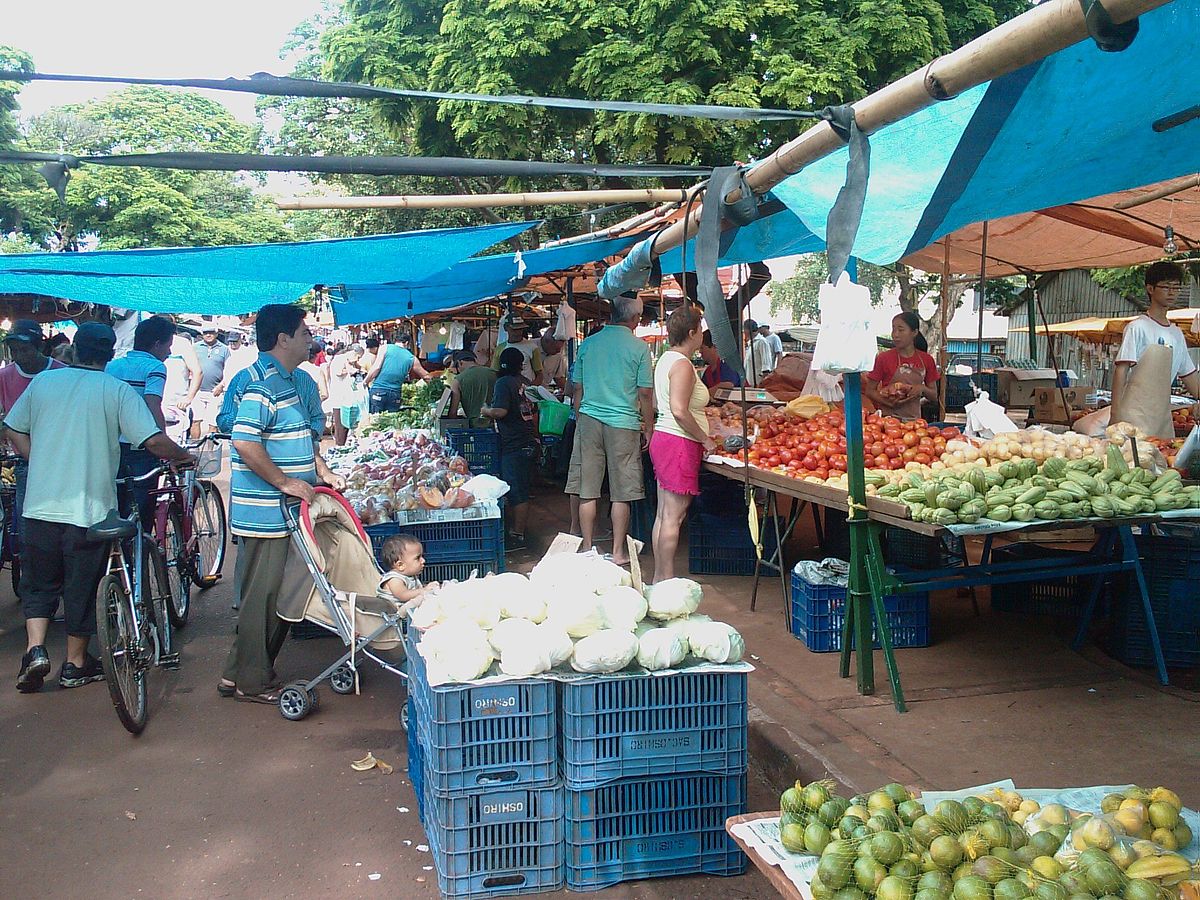Last year alone, US producers sold $ 12 billion worth of soybeans to China. However, in July 2018, China imposed a 25% import duty on soybeans from the United States in response to a trade dispute.
As a result, China, the world's largest importer of soybeans, reduced purchases of American beans, turning to Brazil as an alternative source of supply.
In January-September, Brazilian soybean exports to China jumped by 22% in value terms over the same period last year.
Not only Brazilian producers sell more beans, but also earn more. Their goods now cost $ 2.83 more per bushel than soybeans from the United States. A year ago, the premium was only $ 0.60.
Prices for American soybeans have recently dropped to ten-year lows and, according to farmers, turned out to be lower than production costs. The agricultural sector has become a drag on US economic growth.
In July, the US Department of Agriculture announced allocation of $ 12 billion in state support to farmers who find it hard to sell their products to China. The head of department, Sonny Perdue, acknowledged that the measures taken are "short-term."
Like their American competitors, Brazilian farmers produce far more grain than is required on the domestic market. Foreign buyers triggered an agricultural boom in a Latin American country. Almost 80% of Brazilian soybean exports go to China.
“The bad news about tariffs in the US is good news for them (Brazilian farmers - ed.),” said Robert B. Crain, chief manager for North and South America at agricultural equipment manufacturer AGCO Corp.
Some in the United States fear that it will be difficult to return the lost market share later on.
Rodney Jensen, a farmer near Algona in Iowa, worries that China will not buy as much American soybeans as before, even if the two countries can resolve the conflict.
source: reuters.com
As a result, China, the world's largest importer of soybeans, reduced purchases of American beans, turning to Brazil as an alternative source of supply.
In January-September, Brazilian soybean exports to China jumped by 22% in value terms over the same period last year.
Not only Brazilian producers sell more beans, but also earn more. Their goods now cost $ 2.83 more per bushel than soybeans from the United States. A year ago, the premium was only $ 0.60.
Prices for American soybeans have recently dropped to ten-year lows and, according to farmers, turned out to be lower than production costs. The agricultural sector has become a drag on US economic growth.
In July, the US Department of Agriculture announced allocation of $ 12 billion in state support to farmers who find it hard to sell their products to China. The head of department, Sonny Perdue, acknowledged that the measures taken are "short-term."
Like their American competitors, Brazilian farmers produce far more grain than is required on the domestic market. Foreign buyers triggered an agricultural boom in a Latin American country. Almost 80% of Brazilian soybean exports go to China.
“The bad news about tariffs in the US is good news for them (Brazilian farmers - ed.),” said Robert B. Crain, chief manager for North and South America at agricultural equipment manufacturer AGCO Corp.
Some in the United States fear that it will be difficult to return the lost market share later on.
Rodney Jensen, a farmer near Algona in Iowa, worries that China will not buy as much American soybeans as before, even if the two countries can resolve the conflict.
source: reuters.com





